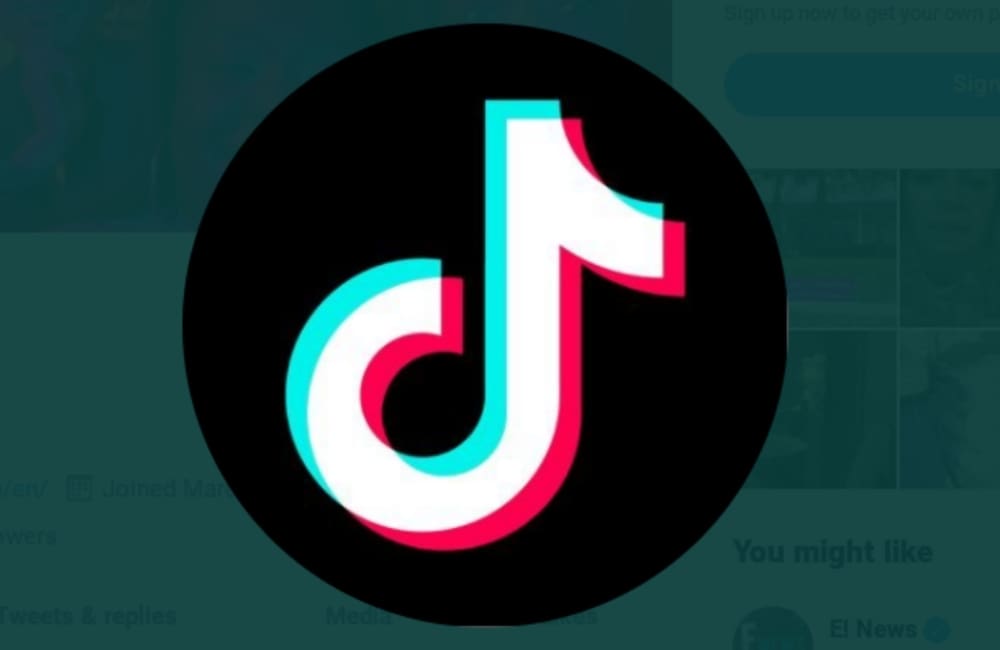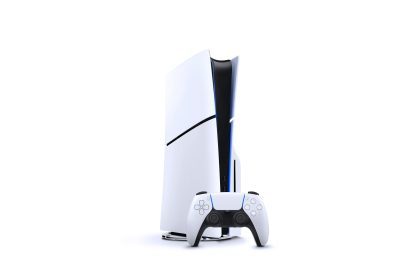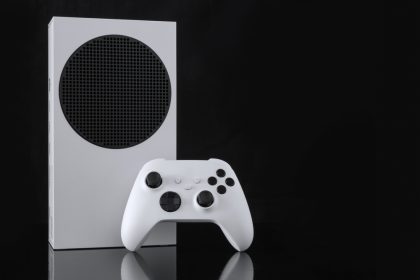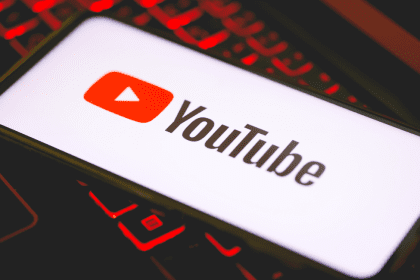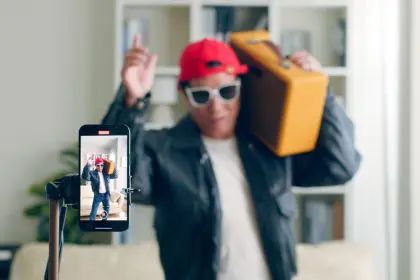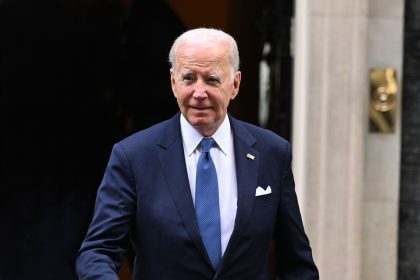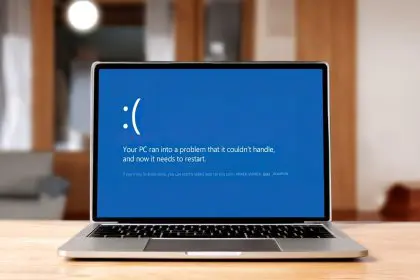TikTok says a ban in the US would “trample the free speech rights of 170 million Americans.”
The United States House of Representatives passed a bill over the weekend, 360 to 58, after threatening to get the popular video-sharing platform banned if Chinese owner ByteDance did not sell its stake within a year.
It’s now headed to the Senate — and TikTok has spoken out to slam the potential ban.
“It is unfortunate that the House of Representatives is using the cover of important foreign and humanitarian assistance to once again jam through a ban bill that would trample the free speech rights of 170 million Americans,” it said in a statement.
President Joe Biden has already said he will “sign off” on a ban on TikTok if the bill is passed.
“If they pass it, I’ll sign it,” he said.
Biden’s opponent in the election, Donald Trump — who previously tried to ban the app in 2020 — recently took to his Truth Social platform to say he would be against a ban of TikTok this time because it would allow Facebook to rule.
The former president also believes “kids will go crazy without it.”
“There’s a lot of good and there’s a lot of bad [with TikTok]. There are a lot of people on TikTok that love it. There are a lot of young kids on TikTok who will go crazy without it,” he said.
TikTok urged users in the U.S. to “let Congress know” that they don’t support a nationwide ban on the video-sharing app.
“Speak up now — before your government strips 170 million Americans of their Constitutional right to free expression. Let Congress know what TikTok means to you and tell them to vote NO,” an ad on the app for U.S. users read.
Fears were raised about the owners of the app potentially sharing information with the Chinese government.
TikTok’s parent company has repeatedly denied claims the Chinese government has access to user data of the app — which is very popular among teenagers and those in their 20s — and has called it “unfounded speculation.”
Already more than half of U.S. states and the federal government have banned TikTok from state-issued devices either completely or partially. Similar policies have been introduced in the Netherlands, the U.K.and the European Commission.

